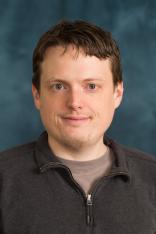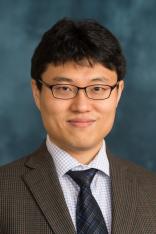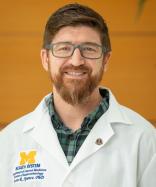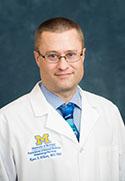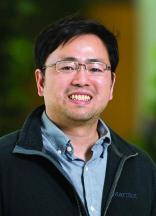Our Scholars
Jeffrey Kidd, Ph.D.
We apply a genome-wide approach to understanding the processes that shape the structure, content, and sequence variation of genomes among human populations and between species. We seek to understand how biological and historic population processes act to shape genomic variation and how this variation leads to the wide range of phenotypic diversity observed in the natural world.
Jun Hee Lee, Ph.D.
We focus on diverse physiologies including growth, development and aging that are controlled by signal transduction networks. Recently, our research has revealed that Sestrin, a stress-inducible protein, is a feedback inhibitor of TOR signaling, and that loss of Sestrin can cause various chronic TOR-associated pathologies, such as fat accumulation, mitochondrial dysfunction, cardiac arrhythmia and muscle degeneration. These phenotypes are quite similar to those associated with obesity, aging and lack of exercise, which are currently some of the major public health issues facing our society. We expect that further research on mammalian Sestrin-family proteins may provide a novel way to attenuate aging and prevent or treat age-associated diseases in humans.
Jason R. Spence, Ph.D.
Developmental Biology: Using model organisms to understand mechanisms by which the embryo develops, with a focus on specification, differentiation and organogenesis of tissue derived from the endoderm. Our current studies use the mouse as a model system to investigate mechanisms of intestine development and disease.
Stem Cell Biology and Regenerative Medicine: Directing differentiation of human pluripotent stem cells into different endodermal lineages, with a focus on intestine, such that we may generate tissue for replacement therapies and discover novel in vitro methods to model and study human development and disease.
Ryan Wilcox, M.D., Ph.D.
My clinical interests include the care and management of patients with a variety of lymphoproliferative disorders, particularly peripheral and cutaneous T-cell lymphomas.
My research is to better understand the mechanisms used by cancer cells to suppress host immunity so as to develop improved treatment strategies.
- The role of the tumor microenvironment, particularly myeloid-derived cells, in lymphoproliferative disorders
- Pathogenesis of T-cell lymphoproliferative disorders
- Mechanisms of immune suppression mediated by myeloid-derived cells in cancer
- Development of novel therapeutic strategies targeting the tumor microenvironment
Sunny Wong, Ph.D.
Our major focus is to investigate the roles of different stem cell populations during hair follicle development, wound healing and tumorigenesis. Our previous work revealed that wounding can recruit oncogene-expressing stem cells from a hair follicle niche into sites of injury, where they subsequently give rise to tumors resembling basal cell carcinomas (BCCs), the most common cancer in North America. Our current work is focused on understanding the migratory factors that promote the trafficking of hair follicle stem cells to wound sites and the regenerative behavior of these cells once they have reached their destination. We are also studying the signaling pathways that mediate BCC carcinogenesis, including Hedgehog, Wnt and Notch, as well as other factors that impinge upon transduction of these networks. We are also examining BCC tumor progression in the context of normal hair follicle development.

